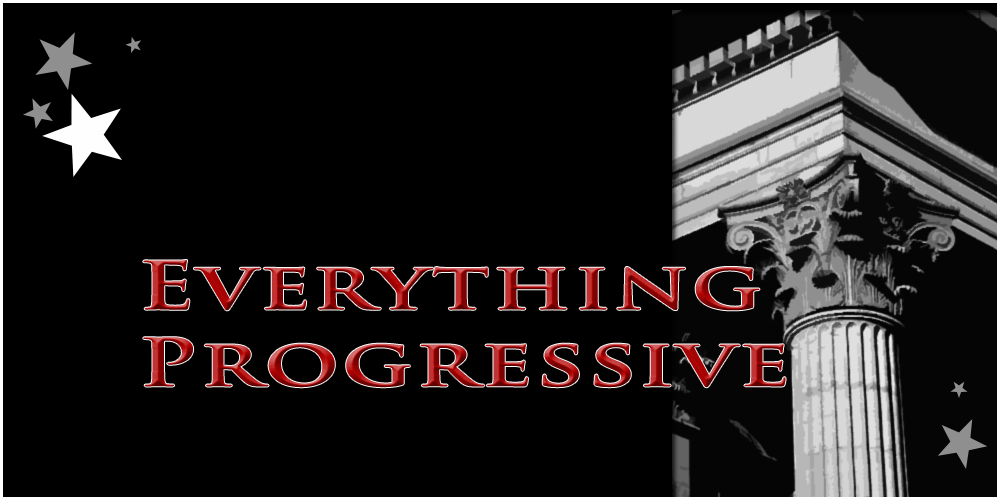On Philosophical Style
by Brand Blanshard
Though it was neither his best nor his most important, On Philosophical Style was Blanshard's most-praised book. There are, we suspect, several reasons for this.
First, it badly needed to be written, as philosophy is too often written in an unreasonably opaque style. Anyone who has picked up, say, Wittgenstein's Tractatus will immediately warm to Blanshard's topic, and readily appreciate the need. Secondly, it is indeed a very good book that states succinctly what contributes most to writing philosophy well. More tangentially, and perhaps cynically, at just 69 pages, even the laziest and least philosophical of his reviewers probably found themselves able to pay attention all the way to the end.
Philosophy is the most important of all topics, yet philosophical literacy is extraordinarily rare, making it crucially important that philosophy be made as accessible as possible. Why it often is not we can't state more clearly than Blanshard himself does. And this is typical: Blanshard's essays in, for example, The Uses of a Liberal Education, are models of both lucidity and substance. To have such an unsurpassed master of prose lay before us, to some degree, how this sort of writing can be accomplished is a very great gift indeed.
But there are limits to even the very best guidance anyone can provide in this regard, as he points out in the concluding paragraphs of the book.
Pgs. 68 - 69
"The most unfailingly lucid writer in the history of English literature is Macaulay, whose speeches in particular are masterpieces of incisive statement. The trouble is, as Augustine Birrell once remarked, that you cannot tell the truth in Macaulay's style. In satisfying his passion for clarity, he allows himself to omit shades and qualifications that are there in the facts, but would smudge his sharply etched lines if he were to put them into his picture. His style is the embodiment of his mind, and his mind, with all its learning, its delight in learning, and its extraordinary gift of communicating both, is a mind that moves on the surface of things and shies away instinctively whenever it perceives a depth or feels a mystery; it 'marches through the intricacies of things in a blaze of certainty.' The defects in Macaulay's mind forced themselves into his manner, and showed that the only way to amend that remarkable style was to be a better mind and a better man.
"So in the end of all of us. The more perfectly one's style fits the inner man and reveals its strength and defect, the clearer it becomes that the problem of style is not a problem of words and sentences merely, but of being the right kind of mind. 'He who would not be frustrate in his hope to write well in laudable things,' said Milton, 'ought himself to be a true poem.' Does that make the problem of style insoluble? Yes, I am afraid it does. But it shows also that the problem we have been discussing is no petty or merely technical one, but very far-reaching indeed. We may have have to agree with Professor Raleigh that 'to write perfect prose is neither more nor less difficult than to lead a perfect life.'"
In this connection, it strikes us as significant that Blanshard, better than anyone before him, has given us a clear and reasonably complete picture of what living a perfect life might look like (in Four Reasonable Men), and himself lived admirably in the light of his own precepts.
Please see also our reviews of:
The Uses of a Liberal Education,
The Philosophy of Brand Blanshard, and


